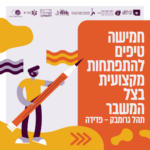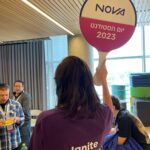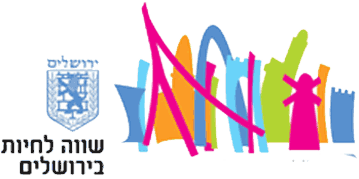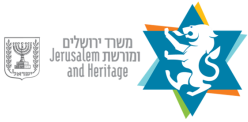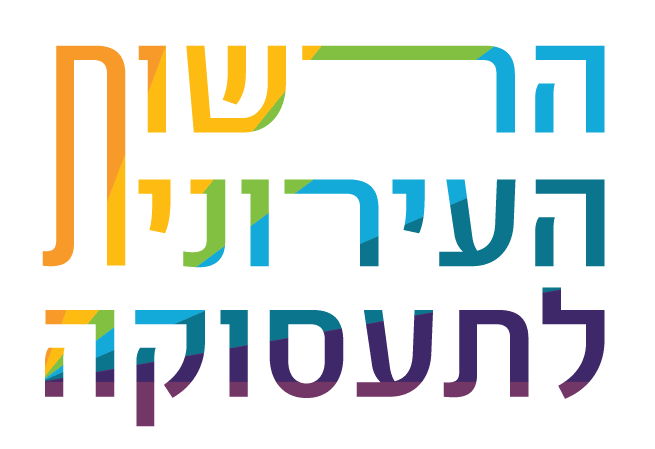Hey, my name is Caleb Rubinson, I started working as an Analyst at Viola in December 2019. I started as a data entry position and quickly was promoted to Analyst. While at Viola, I spearheaded projects like gathering information from SaaS companies and building KPI’s and benchmarks for our portfolio companies and potential investments. I joined Viola in the first year of my first-degree in Business and Economics at the Hebrew University. I graduated at the top of my class and enrolled in the honors program “Alpha” where I started my MBA in my senior year. While studying, I was the Chairman of the Student Body for the Business and Accounting school. I lead a team of 35 students and was in constant communication with leading management and created a new arm of the union for equal opportunities. I was also head of the squash team where we placed second in the country. I am active in Siftech and head of sourcing investment.
Interviewing for job is one of the most important and critical skills prospective employees can master, in my opinion. We all must undergo interviews throughout our lives, whether it be while vying for a position in the army, an academic tract, or employment. Ultimately, interviews dictate our success, or lack thereof, in our professional lives.
For me the interview process starts long before making the initial contact with the firm. I start by the identifying of a set of potential companies and roles that I am interested in pursuing. Then I continue to analyze the companies and relevant contacts within the firms. Prior to reaching out to the firms I will contact second or even third tier companies within the same field in order to get a sense of the enrolment prosses and possible questions or tasks that may arise during the interview.
Afterwards I connect to the preidentified contacts in the desired companies via LinkedIn. It is my opinion that when identifying potential contacts one should look for contacts with similarities to oneself, that also hold appropriate positions within the organization. Ideally someone you know from within the company or a second removed contact. It is my experience that this is helpful but not a necessity. People are generally welcoming and willing to chat and provide assistance to students looking to enter the job market that seem relatable and kind. Your message should be personal and insightful. I read all of the latest articles and posts that these individuals upload and will try to sight a quote or opinion of theirs that I believe in. The primary call should only be initiated after you sent them you C.V. and cover letter along with at least one letter of recommendation from a professor or a former employer.
In the initial phone call, I try and reiterate the key points in my cover letter, for instance, relevant background experience and the reason for my interest in the field and company. Never underestimate the impact that a subtle gesture of flattery can have as long as it is sincere. If I am talking to a partner or a C level executive in a firm that I want to work for I often let him know that his career path is one that I myself am trying to emulate. I may ask him if he has any career advice for a student who is eager to enter the field that he has mastered.
Job Interviews are often stressful, my way of dealing with this is to over-prepare. If you have done the relevant due diligence on the company, its competitors, the market, its business model, employees, and in particular, the contacts interviewing for similar companies that you are less keen to work for, you won’t be easily phased.
Failure is often involved in the interview process; you should be prepared and even welcome the rejection. Once you get rejected, ask them what you did wrong and learn from the prosses before moving on to the next company on your list. Don’t take it personally, if you go through these motions you will eventually find the right company for you and your skills.
Finally, the interview prosses is long and arduous so come prepared for a marathon instead of a sprint. I recommend starting your job search as soon as possible. I started looking for relevant jobs in my first year of school and started working for a leading company in my field of interest at the beginning of my second year. My job search extended over five months, in which time I had multiple interviews and assignments to present.



